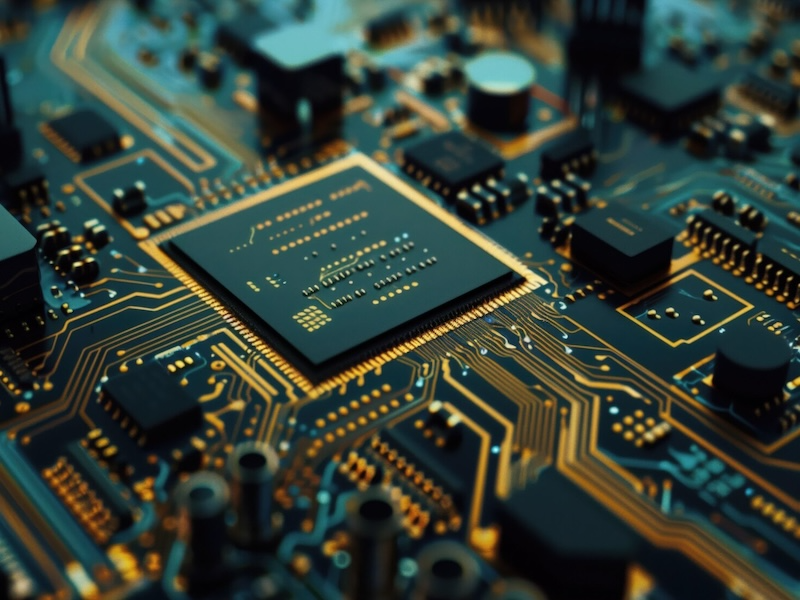- Embedded systems are specialised computing systems designed to perform dedicated functions within larger systems.
- They are integral to a wide range of devices, from household appliances to industrial machinery, ensuring reliable and efficient operation.
What is an embedded system?
An embedded system is a computer system designed to perform one or a few dedicated functions, often within a larger mechanical or electronic system. Unlike general-purpose computers, which can run a variety of applications, embedded systems are tailored for specific tasks. These systems typically consist of a microcontroller or microprocessor, along with memory, input/output interfaces, and software that controls the device’s functions.
How embedded systems work
Embedded systems are designed to be highly efficient and reliable, performing their designated tasks without the need for user intervention. Below is an introduction to how they function and the components that make them work effectively.
Dedicated functionality: Embedded systems are purpose-built to perform specific tasks, often with real-time computing constraints. For example, the firmware in a washing machine is an embedded system that controls the washing cycles, water levels, and spin speed based on user input.
Hardware and software integration: An embedded system is a combination of hardware and software. The hardware typically includes a microcontroller or microprocessor, which processes data and executes instructions. The software, often referred to as firmware, is stored in the system’s memory and provides the necessary instructions for the hardware to perform its tasks.
Real-time operation: Many embedded systems are designed to operate in real-time, meaning they must process inputs and deliver outputs within a strict time frame. For example, in automotive systems, embedded systems control functions like airbag deployment, which must occur within milliseconds during a collision.
Resource constraints: Unlike general-purpose computers, embedded systems often have limited resources, such as processing power, memory, and energy consumption. They are optimised to perform their specific functions with minimal resources, which makes them highly efficient and cost-effective.
Also read: Qualcomm unveils AI-Ready IoT platform at Embedded World 2024
Also read: What is firmware engineering and what are its applications?
Applications of embedded systems
Embedded systems are ubiquitous, playing a critical role in various applications across different industries. Here’s a look at some common uses.
Consumer electronics: Embedded systems are found in a wide range of consumer electronics, including smartphones, televisions, and home appliances. These systems enable the functionality of these devices, from managing user interfaces to controlling hardware components.
Automotive industry: In vehicles, embedded systems control everything from engine management to in-car entertainment systems. They ensure that the car operates safely and efficiently, with real-time systems managing critical functions like braking, steering, and airbag deployment.
Industrial automation: In manufacturing, embedded systems are used in robotic arms, conveyor belts, and other machinery to automate tasks, improve efficiency, and reduce human error. These systems are often designed to operate in harsh environments and must be highly reliable.
Healthcare devices: Medical equipment, such as pacemakers, insulin pumps, and diagnostic machines, relies on embedded systems to function correctly. These systems must meet stringent safety and reliability standards, as they are often used in life-critical applications.
Embedded systems are the unsung heroes behind much of the technology we rely on every day. Their specialised design and real-time capabilities make them essential for the reliable and efficient operation of devices across numerous industries. Understanding embedded systems helps us appreciate the complexity and innovation that goes into the development of modern technology.

